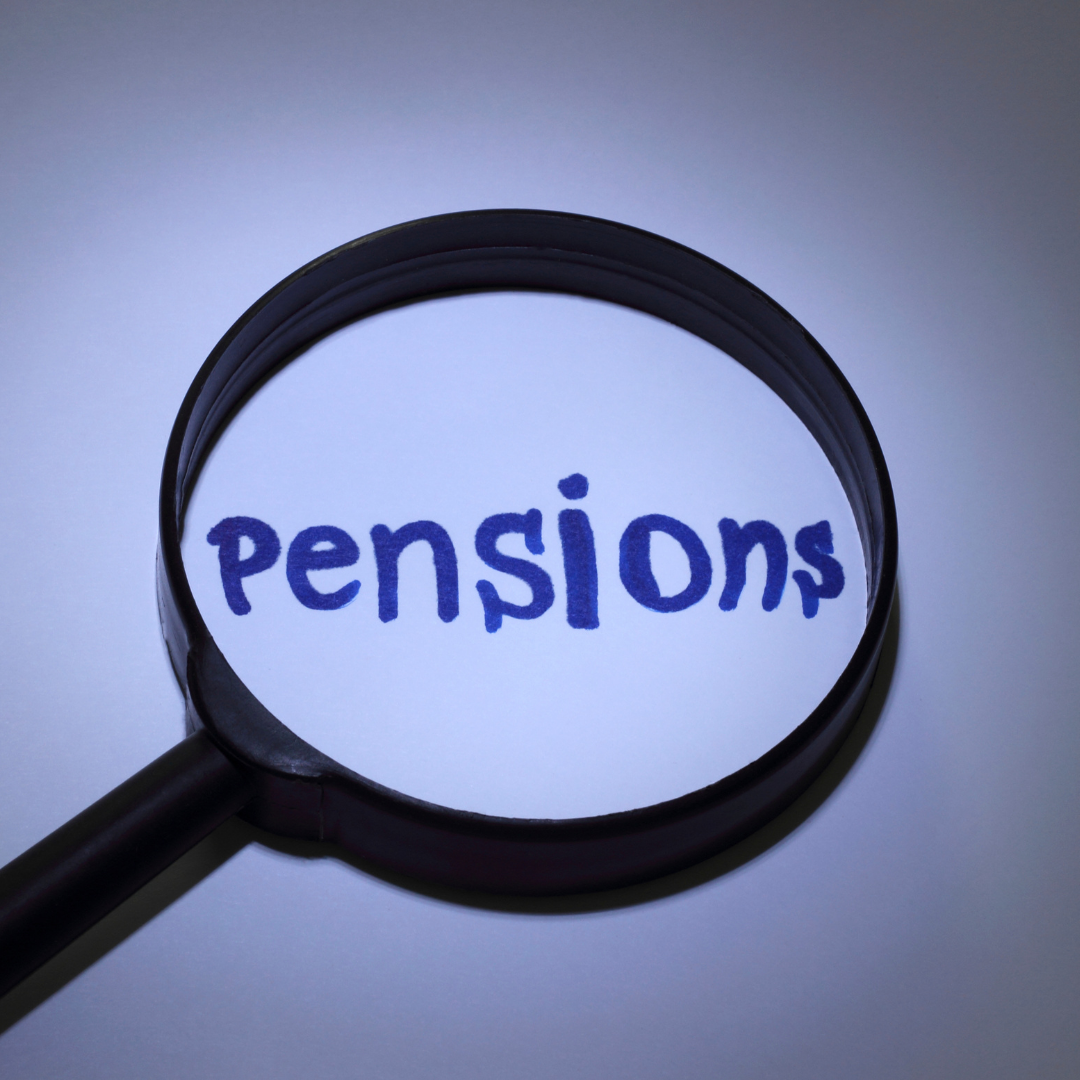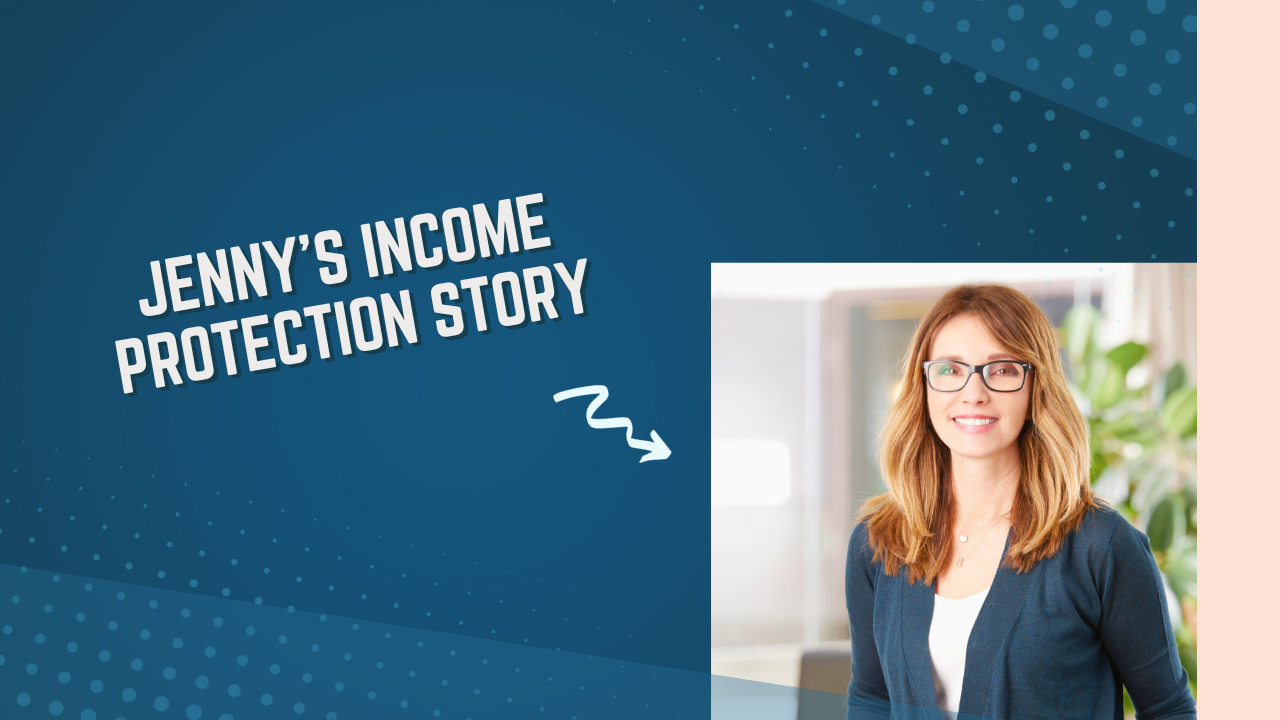What should I do with my pension as I have left my job?
If you have recently lost your job during covid or whenever for that matter you may be wondering what happens with your pension. Does it disappear into space? Do I lose it as I am no longer there? Will it stay the same value or will it decrease in value? Will they find me when I retire and when will I get to reap the benefits of all my hard work? If the company goes bust is my pension gone forever? In this article, I will try to answer all of these questions and provide you with the different options you may have.
Firstly there are two main types of pension, defined benefit and defined contribution.
A defined benefit (DB) is a promise or more like an offer of a fixed income when you get to your retirement age. So for example your employer might offer you a pension of €12000 per annum if you are lucky based on you completing a certain number of years of service.
Defined contribution (DC) on the other hand is where your pension is invested in an underlying fund and when you get to retirement age if your fund has done well you get to reap the rewards but likewise if the fund has performed badly it would affect the value of your retirement benefits.
The majority of pension schemes today are defined contributions as defined benefit schemes are costly for employers to fund.
So where is my pension?
When you leave your employer you leave behind what’s called a deferred benefit which basically means if your pension was DB you leave behind the value of the offer at that point( so for example if you had completed ten years service instead of 30 your retirement benefits might be €4000 per annum instead of €12,000 per annum). The value of the pension may go up or down based on the rules of the scheme. Often they might go up by the lower of CPI and a fixed amount such as 2%. If this is a negative figure then your pension gets decreased.
For DC schemes you leave behind the value of the pension fund that you had accumulated to date, so if we assume that you and your employer had put €10,000 worth of contributions in and the return had been 10% to date then your deferred pension is €11,000. This remains invested in whatever underlying fund you had chosen at the beginning until you retire. Very often you probably will not know the underlying fund and it might be lumped into a default strategy that changes as you get older. The problem here can be it does not match your attitude to risk. I had a client who was 35 years old and his previous employer’s pension was invested in cash which is the lowest risk profile going but he did not choose that fund and he was losing money in his pension annually due to charges as he was making no returns on his pension but the charges were eroding the overall value of the pension.
Will they find you when you retire?
This is really up to you. If you have moved house they might not have your information at hand and can have difficulty tracking you down. The onus is on you to locate your pension and keep your records up to date. My advice would be to keep your annual statements in a safe place and if you’re not getting an annual statement then ask yourself why? If this happens then you need to locate your pension and give the trustees your up-to-date details. If you have lost the details of your pension you can fill out this form and we can help you find it.
When can I access my pension benefits?
After you leave employment you normally access your benefits at the normal retirement age of the scheme which tends to be 60 or 65. Often schemes will allow you to access the benefits earlier from age 50 if you make the request but they are not obliged to do this.
You have a few options with regards to your deferred benefits.
You could move it to your new company scheme. For me this is not normally a great idea as if you do this the new scheme rules apply and you lose the chance to access the benefits early. There are some situations when it can be advantageous however such as your years of service carry over to the new scheme. This is good if your employer is pumping a lot of money on your behalf into your new pension. The reason is that if you were to lose your new job you will have locked in your employer’s contributions into your new scheme so if they let you go they can’t take their contributions back.
You could move to a Buy out bond. A Buyout bond simply moves your old employer’s pension into a pension into your own name. You get to control the investment decisions and you can then cash in your pension at any stage from age 50 (if your previous scheme allows). You can continue working in another job and still cash in your pension from age 50 so it is a very flexible solution.
One of the big advantages of moving an old DB pension into a Buy out bond is that you get the option of choosing an ARF at retirement instead of a small pension. So if you are not happy with the small offer of a fixed pension every year you can ARF it which means there is more money available to you.
Or, you can leave your deferred pension where it is. You might do this if it was a defined contribution scheme and the charges on the scheme might be low which helps you grow your pension pot faster, or if you were in a defined benefit scheme and you are happy with the offer at retirement. If the transfer offer isn’t great compared to the benefits on offer and the company is in good financial health then it would make sense to leave a defined benefit pension scheme where it is.
With regard to a defined benefit scheme, the financial health of the employer is an important consideration. A defined benefit scheme relies on the employer to pay the benefits for its members so if the company gets into difficulty it can apply what’s called a section 50 to the pension scheme which can reduce members’ benefits.
If you would like to have any further information contact me on 015823524 or send me an email to sean@financiallife.ie I will be happy to help you.


 Insurance
Insurance  Pensions
Pensions  Insurance
Insurance  Insurance
Insurance 

